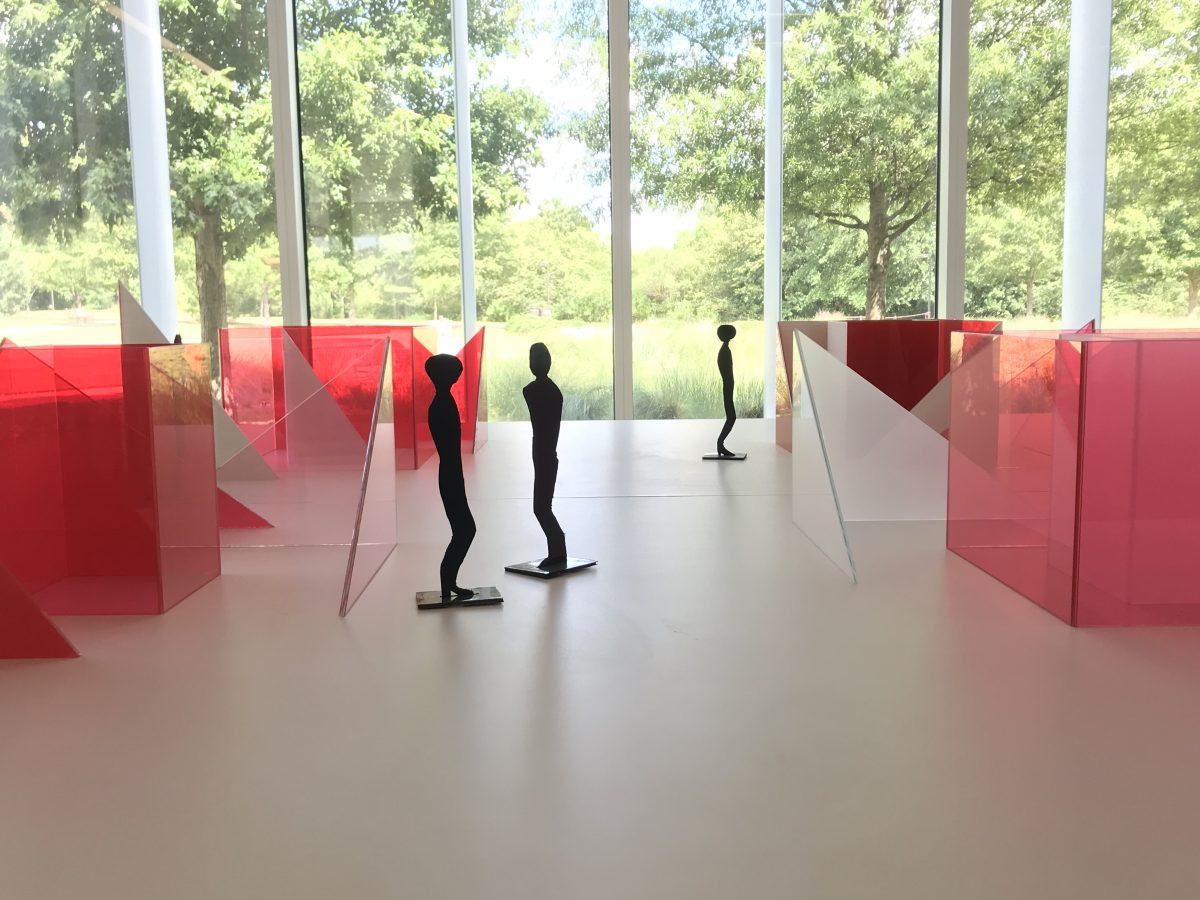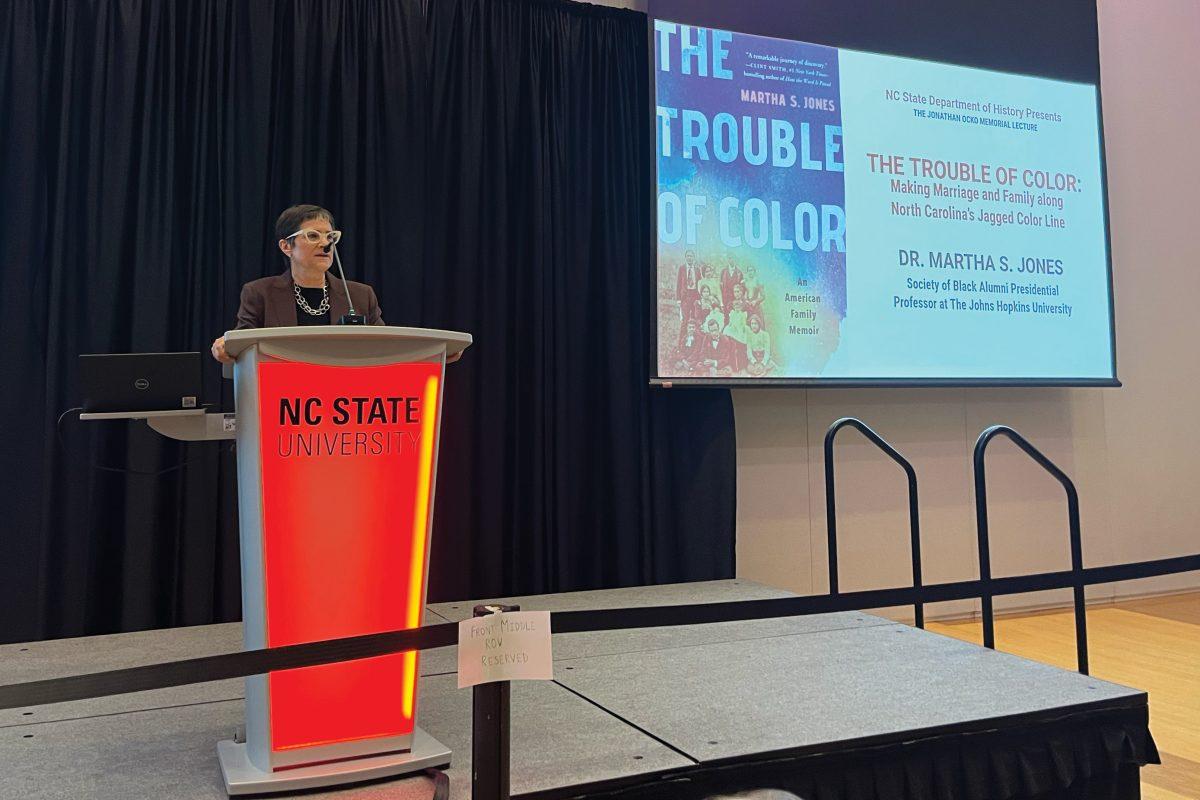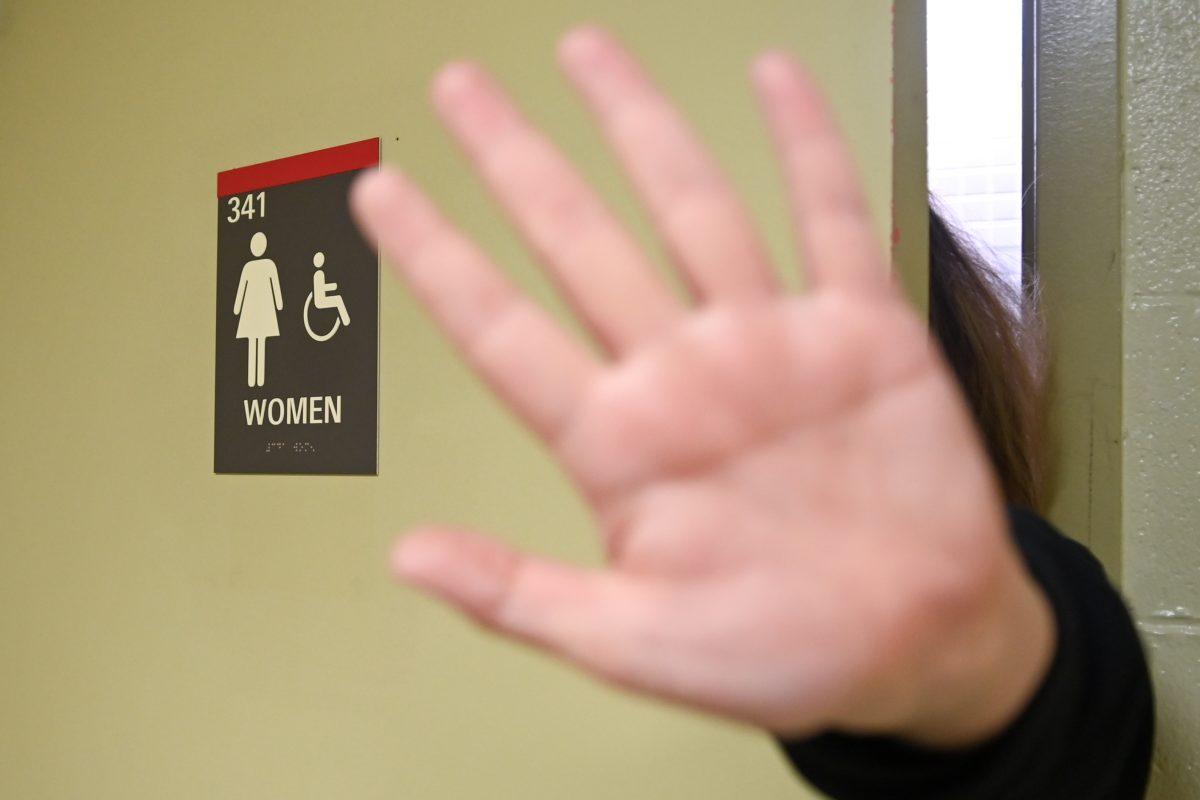On June 21 and 23, the Department of Agriculture and Human Sciences hosted the “Changing Narratives to Better Support Native American Students and Communities” workshop at Hunt Library for faculty and staff.
Summer Rae Wilkie, youth coordinator at the University of Arkansas’s Indigenous Food and Agriculture Initiative and a member of the Cherokee Nation, led the presentation by covering topics such as sources, terminology, population, reciprocity and calls to action.
The two-day workshop and discussion centered around the Cherokee cultural value “ulisgedi detsadayelvsesdi,” which means to “treat each other’s existence as being sacred or important.” Wilkie encouraged consideration for the sensitivity of Native American individuals at a local and university level.
Stefanie Chen, an assistant teaching professor in the Department of Biological Sciences, was one of the audience members present.
“As a state university, our population of students should reflect the population of the state,” Chen said. “We have a significant Indigenous persons tribal population. I’d love to see us being able to serve and support those members of North Carolina. Summer was able to give some really actionable tips and items, as far as the cultural differences and things you have to support for them to be here and be comfortable.”
Jessica Williams, a graduate certificate program coordinator for youth, family and community sciences within the Department of Agriculture and Human Services and a registered member of the Lumbee Tribe, said the workshop was a means to educate.
“I think having workshops and training like we had last week can go really far. Just letting people know — here’s some things that can help them,” Williams said. “There are so many diverse populations oncampus now. Of course, it’s going to be hard to cater to every single one ofthem, but just putting it out there and knowing you’re trying your best is going to be the mostimportant thing. And if you do make a mistake, you learn from it. I think that’s really important.”
The second day of the workshop continued with a discussion of allyship among leaders at the University. Wilkie went over terminology and identity, factors affecting Indigenous populations, and authentic partnerships. She spoke of offensive terms such as spirit animal, powwow, chief, Indian giver and “low man on the totem pole.”
Hannah Rainey, associate head of Research Engagement within the NC State University Libraries, said she appreciated Wilkie’s discussion on the power of language.
“Where I know I can have immediate change, and where I think everyone can, is just by the language that we use,” Rainey said. “Summer had a whole list of words that are hurtfuland harmful for Native Americans and Indigenous people. I think language is super powerful. Itmay not seem like that’s a big thing to do, but if we all did it, it would make a big shift in theamount of respect that is given to Indigenous and Native peoples.”
Williams shared her own experience with harmful language.
“I would get the question, ‘Do you still live in teepees?’ so I’ve had a lot of questions from people wanting to know what our life is like, even though all they know is what they’ve beenshown in the media,” Williams said. “I went through that a lot in the beginning years of going tocollege. That was probably the hardest aspect of college, just trying to beat those media typesand just trying to make sure we were represented on campus the way we should be.”
Mike Nutt, a data experience manager within the Data & Visualization Services department at NC State University Libraries, was left optimistic for more inclusion within his own department.
“A workshop like [Changing Narratives] is a starting place,” Nutt said. “It’s not the end of a lesson, but the beginning of aconversation.”
For additional resources on this topic, please check out the Native Education Forum,Native American Historical Timeline and American Indian Advisory Council.












